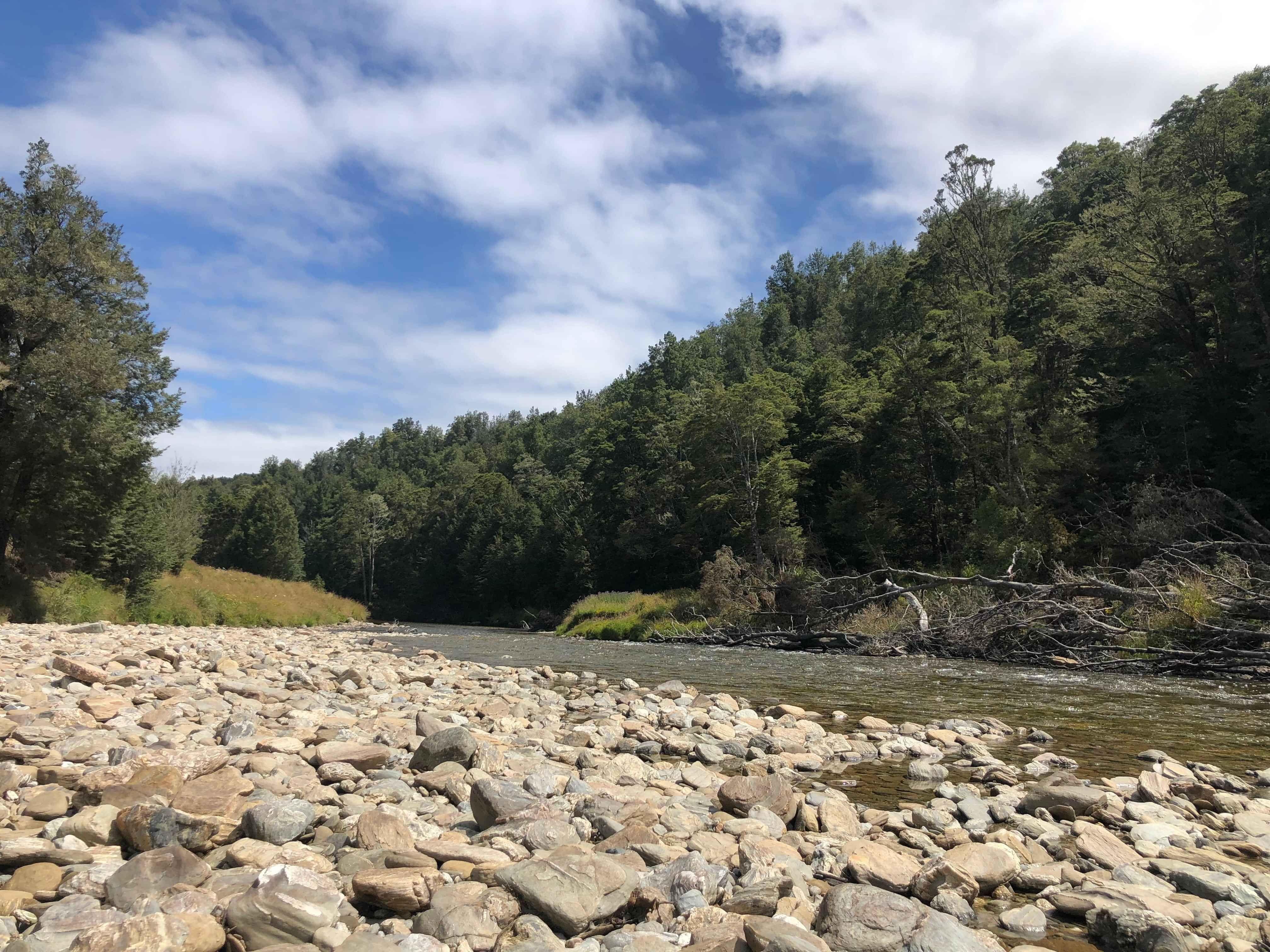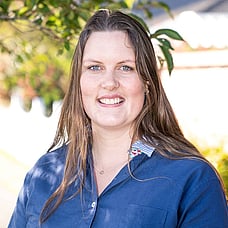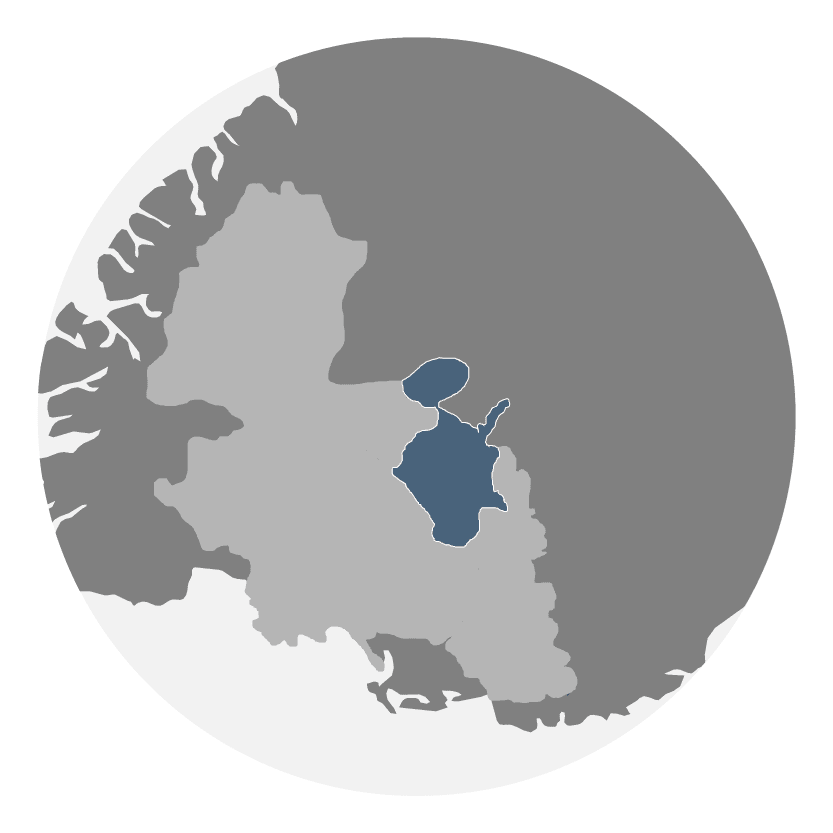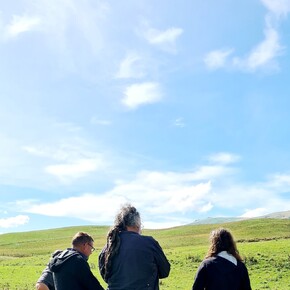Waikaia Catchment Group
Your Catchment Group Coordinator
Tessa Miller
021 400 431
tessa@thrivingsouthland.co.nz
Catchment Group Contact
David Pinckney
027 415 7701
About Us
The Waikaia Catchment Group was formed in January 2023, bringing together a keen group of locals interested in improving and caring for their catchment. With around 15 active members, the group represents a wide mix of people connected to the Waikaia area.
The catchment itself includes high-country stations, forestry blocks, and sheep, beef, and dairy farms, as well as the Waikaia township. The group’s aim is to connect landowners, farmers, and the wider community to share knowledge and explore practical ways of improving land and water health for the future.
Catchment Area
The Waikaia Catchment is part of the Mataura River system and includes the township of Waikaia alongside surrounding farmland, forestry, and high-country stations. The river and its tributaries are a central feature of the catchment, supporting both farming and recreation. The diversity of land use in the area makes collaboration between landowners and community members an important step in looking after the catchment’s unique natural resources.

Recent Events
The Waikaia Catchment Group recently hosted two farm plan workshops, which turned out to be highly valuable for members. These sessions provided a chance to sit down with experts, ask questions, and work through the practical steps needed to progress their individual farm plans.
As well as building confidence in the process, the workshops gave members useful tools and insights to apply on their own farms, helping ensure plans are tailored to local conditions and goals. It was also a great opportunity for the group to connect, share ideas, and support each other along the way.
Projects
The Waikaia Catchment Group carried out a a catchment-wide water quality project to better understand the health of local waterways. Twelve sites across the catchment were sampled for water quality and eDNA, alongside Environment Southland’s State of the Environment monitoring.





